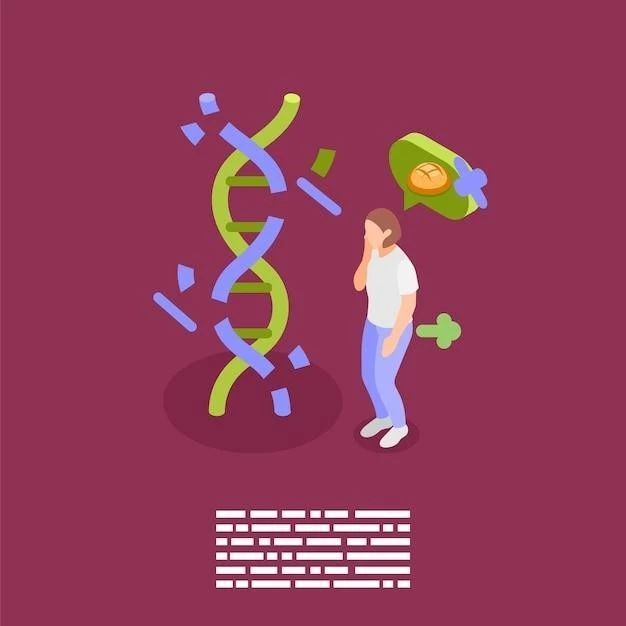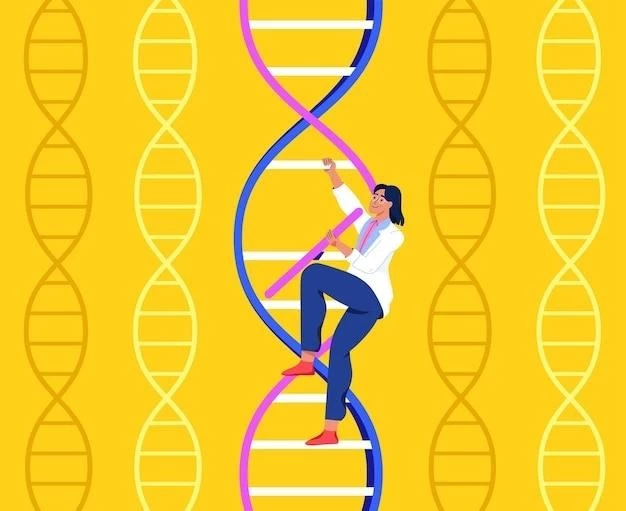Chromosome 11q partial deletion involves missing part of the long arm of chromosome 11.
Overview of Chromosome 11q Partial Deletion
Chromosome 11q partial deletion is a genetic condition where a portion of the long arm of chromosome 11 is missing. This deletion can lead to various physical and developmental challenges. Understanding the implications of this genetic anomaly is crucial for proper management and care.
Symptoms of Chromosome 11q Partial Deletion
Common symptoms of chromosome 11q partial deletion include developmental delays٫ intellectual disabilities٫ growth abnormalities٫
Common Symptoms
Common symptoms of chromosome 11q partial deletion may include facial abnormalities, seizures, heart defects, kidney issues, and challenges with speech and motor skills. Each individual may experience a unique combination of symptoms.
Treatment Options for Chromosome 11q Partial Deletion
Treatment focuses on managing symptoms like developmental delays, heart defects,nnbsp;seizures,nnbsp;and addressing other medical conditions that may arise.
Medical Interventions
Medical interventions for chromosome 11q partial deletion may include early intervention services, physical therapy, speech therapy, special education programs, surgeries to address specific health issues, and ongoing monitoring of developmental progress.

Genetic Counseling for Chromosome 11q Partial Deletion
Genetic counseling provides valuable information on the condition,nnbsp;risks,nnbsp;and available support resources.
Importance of Genetic Counseling
Genetic counseling plays a crucial role in understanding the inheritance pattern of chromosome 11q partial deletion, making informed decisions regarding family planning, and accessing specialized care for individuals with this genetic condition.
Research Advances in Chromosome 11q Partial Deletion
Ongoing research aims to deepen understanding,nnbsp;identify new treatments,nnbsp;and improve outcomes for individuals.
Current Research Studies
Current research studies on chromosome 11q partial deletion focus on understanding the genetic mechanisms underlying the condition, exploring potential therapeutic interventions, and enhancing the quality of life for affected individuals through innovative treatments and support strategies.
Living with Chromosome 11q Partial Deletion
Living with chromosome 11q partial deletion requiresnnbsp;multidisciplinary care and ongoing support.
Quality of Life Considerations
Quality of life considerations for individuals with chromosome 11q partial deletion involve providing tailored interventions, fostering independence, promoting social integration, ensuring access to appropriate educational and community resources, and addressing emotional and psychological well-being to enhance overall quality of life.
Support Groups for Chromosome 11q Partial Deletion
Support groups offer emotional support,nnbsp;resources,nnbsp;and connections for families and individuals.
Community Resources
Community resources for chromosome 11q partial deletion may include specialized medical centers, educational programs, early intervention services, therapy providers, social services, financial assistance programs, and advocacy organizations dedicated to supporting individuals and families affected by this genetic condition.
Prognosis of Chromosome 11q Partial Deletion
Prognosis varies based on specific genetic factors,nnbsp;health challenges, and individual response to treatments.
Long-Term Outlook
The long-term outlook for individuals with chromosome 11q partial deletion depends on the severity of symptoms, early intervention strategies, access to specialized care, ongoing support systems, and advancements in medical research aimed at improving quality of life and long-term outcomes for affected individuals.
